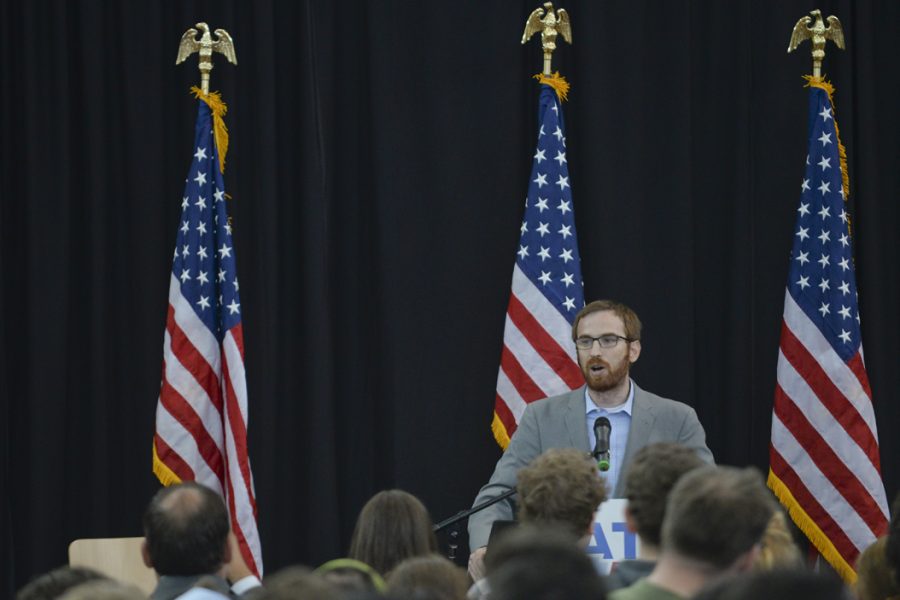If a new bill passes in Pittsburgh, the city could be joining New York and Philadelphia in closing the pay gap.
Pittsburgh City Councilman Dan Gilman introduced legislation on Jan. 10 that would prohibit the city from asking for job applicants’ salary history in an effort to reduce wage inequity for women and minorities.
The legislation also encourages private companies to create similar policies, according to the release.
“By passing this legislation, the City of Pittsburgh is taking a stand against inequality and standing up for fairness and the family-sustaining wages that once built Pittsburgh,” he said in a release.
A 2010 study by the National Institute of Health — cited for the legislation — showed that, on average, women receive $7,000 less than men when negotiating their salaries. This was attributed partly to previous salary history and bargaining behavior based on gender norms.
According to the study, women anticipate that their assertiveness will lead to backlash like inconsistent workplace evaluations. Because of this, they use fewer negotiation tactics and receive lower salary rates.
“Looking into a job applicant’s wage history perpetuates wage inequity for women and minorities,” Councilman Gilman said. “A salary offer should be based on the duties of the job and a candidate’s qualifications.”
According to an Oct. 2016 report by the National Partnership for Women and Families, women in the United States make 80 cents for every dollar men make with minority women making even less than that: African American women make 63 cents and Latinas make 54 cents less than their white, non-Hispanic male counterparts. In Pennsylvania, women earn 79 cents for every dollar men earn.
In Southwestern Pennsylvania, that wage is even less, with women making 75 cents for every man’s dollar, African-American women making close to 63 cents on the dollar and Latinas making 53 cents on the dollar. Trans women make almost $10,000 a year less than men.
“It’s sad that it’s 2016 and we’re standing here. It’s appalling that women earn less than men in 2016,” Councilman Gilman said at an Equal Pay Day rally in Market Square in April.
Other metropolitan areas have implemented similar legislation to what Gilman introduced on Tuesday. Massachusetts recently passed legislation to close the wage gap and will implement the law in July 2018. California passed an equal pay law — one of the toughest in the country — in 2015, that allows current employees who are women challenge their salary if a man is paid a higher rate for the same exact role.
On a national scale, Google developed a hiring policy in 2015 where salary history is not part of the hiring process. Instead, a specific dollar amount is assigned to a position and its duties via an algorithm.
Pittsburgh City Council will discuss the wage equity legislation and take a preliminary vote during city council’s weekly Standing Committees meeting on Wednesday, Jan. 18. A final vote would take place on Jan. 24.



